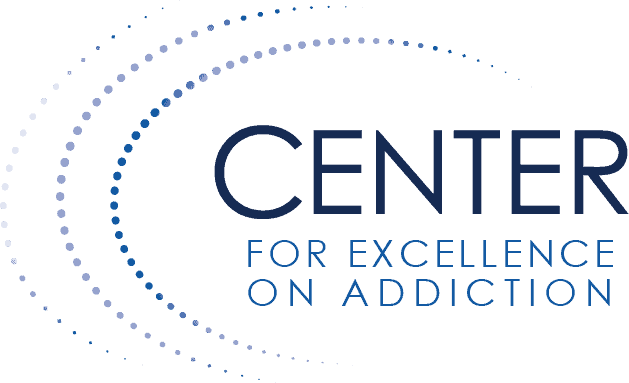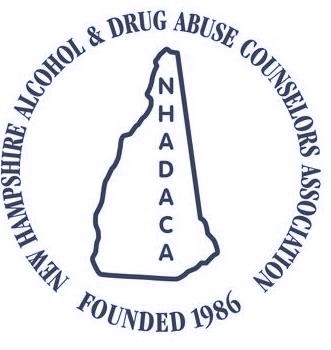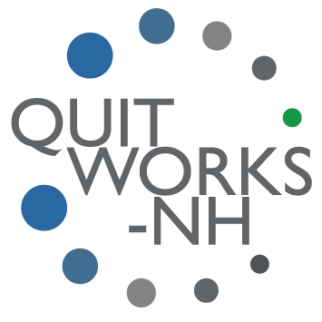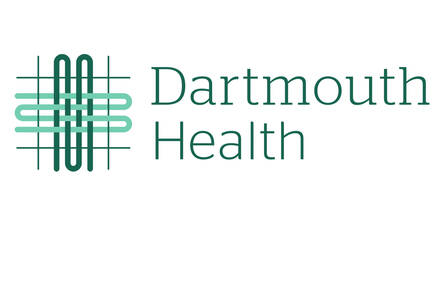This virtual, two-day, 12-hour training is designed to build on existing peer services through a comprehensive training program designed to equip individuals with the knowledge and skills needed to understand the effects of benzodiazepines taken as prescribed or illicitly and support those who may be experiencing adverse effects from them.
Calendar of Events
|
S
Sun
|
M
Mon
|
T
Tue
|
W
Wed
|
T
Thu
|
F
Fri
|
S
Sat
|
|---|---|---|---|---|---|---|
|
0 events,
|
0 events,
|
1 event,
$100 – $120
|
0 events,
|
0 events,
|
0 events,
|
0 events,
|
|
0 events,
|
0 events,
|
1 event,
This virtual training will help you gain confidence in having the tobacco treatment conversation and creating effective referrals to treatment. It is offered by the New Hampshire Tobacco Prevention and Cessation Program from CODAC Behavioral Healthcare. Space is limited. CEUs are available. |
0 events,
|
0 events,
|
1 event,
-
This virtual workshop is a collaborative training between Connor’s Climb, a suicide prevention organization, and Seacoast Outright, an organization that supports LGBTQ+ youth. This training will create a shared understanding of basic LGBTQ+ terminology. It will cover the unique risk factors that elevate the risk of suicide for these youth, as well as methods of ... read more
$30
|
0 events,
|
|
0 events,
|
0 events,
|
1 event,
-
This interactive, web-based learning series will provide tools for school staff, coaches, and community youth leaders to better support the increased number of youth under stress and in distress. |
0 events,
|
1 event,
-
This training is part 2 of "Treating Tobacco & Nicotine Dependence: What You Need to Know to Help People Quit". It will include discussion and practice exercises using Motivational Interviewing for rapid engagement and collaborative behavior change. Space is limited. CEUs are available. |
1 event,
-
This training will introduce the history and guiding principles of Harm Reduction. We will discuss various examples of harm reduction strategies and overdose prevention and how we can integrate Harm Reduction across the spectrum of drug use.
$50
|
0 events,
|
|
0 events,
|
0 events,
|
0 events,
|
0 events,
|
0 events,
|
1 event,
Budget Task Force meetings are open to the public. Virtual attendance is encouraged. Please register here for the Zoom meeting information. Meeting Agenda Meeting Minutes |
0 events,
|
|
0 events,
|
0 events,
|
0 events,
|
0 events,
|
0 events,
|
0 events,
|
0 events,
|
|
0 events,
|
1 event,
Rx and Illicit Drug Summit is the largest, most influential event addressing this opioid crisis, where strategies are shared and put into action. Our global community includes multidisciplinary stakeholders "from federal to family." |
2 events,
Rx and Illicit Drug Summit is the largest, most influential event addressing this opioid crisis, where strategies are shared and put into action. Our global community includes multidisciplinary stakeholders "from federal to family." This meeting has been cancelled. Meetings of the Data Task Force are open to the public. Virtual attendance is encouraged. |
1 event,
Rx and Illicit Drug Summit is the largest, most influential event addressing this opioid crisis, where strategies are shared and put into action. Our global community includes multidisciplinary stakeholders "from federal to family." |
3 events,
Rx and Illicit Drug Summit is the largest, most influential event addressing this opioid crisis, where strategies are shared and put into action. Our global community includes multidisciplinary stakeholders "from federal to family." This meeting has been cancelled due to weather. C&C Task Force meetings are open to the public. Virtual attendance is encouraged. Meeting Agenda
-
In this virtual presentation, participants will explore how to aggregate data collected throughout the assessment to provide individualized treatment and improve treatment outcomes. |
0 events,
|
0 events,
|
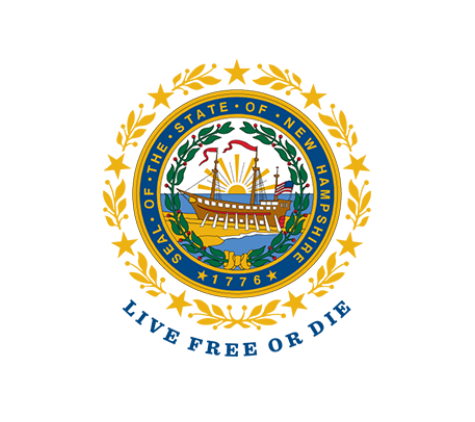

Note: The events contained in this calendar are subject to change without notice by their respective organizers. Refer to each event's website for updates.
